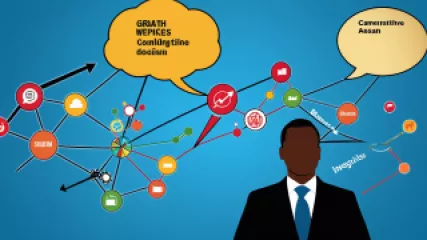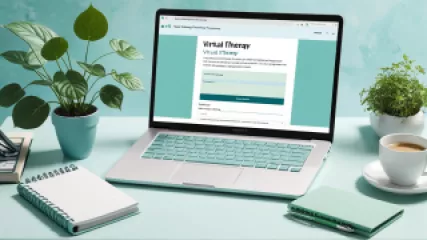Debunking 7 Common Mental Health Myths: A Step-by-Step Guide
1 year ago
Mental Health Myths Debunked
How to Overcome Social Anxiety with Assertiveness Training
1 year ago
Assertiveness Training
Overcoming Anchoring Bias: A Step-by-Step Guide
1 year ago
Cognitive Biases
5 Steps to Improve Mental Health for Diaspora Communities
1 year ago
Mental Health in Diaspora
Distinguishing Stress and Anxiety: A Step-by-Step Guide
1 year ago
Stress vs Anxiety
What are the Benefits of Virtual Writing Therapy Sessions?
1 year ago
Therapeutic Writing
The Intersection of Spirituality and Mental Health
1 year ago
Spirituality and Mental Health
Cultivating Cognitive Flexibility: A Step-by-Step Guide for Stress Management
1 year ago
Cognitive Flexibility
5 Steps to Holistic Mind-Body Therapy Online
1 year ago
Holistic Therapy
The Benefits of Embracing Neurodiversity
1 year ago
Neurodiversity
10 Powerful Advantages of Online Life Coaching
1 year ago
Life Coaching Advantages
10 Best Virtual Sleep Disorder Support Resources
1 year ago
Sleep Disorders
My Journey to Improve Emotional Regulation Skills as an Adult
1 year ago
Emotional Regulation in Adults
How to Manage Obsessive-Compulsive Disorder: A Step-by-Step Guide
1 year ago
Obsessive Compulsive Disorder
How to Build a Supportive Community for Mental Wellness
1 year ago
Community Support














